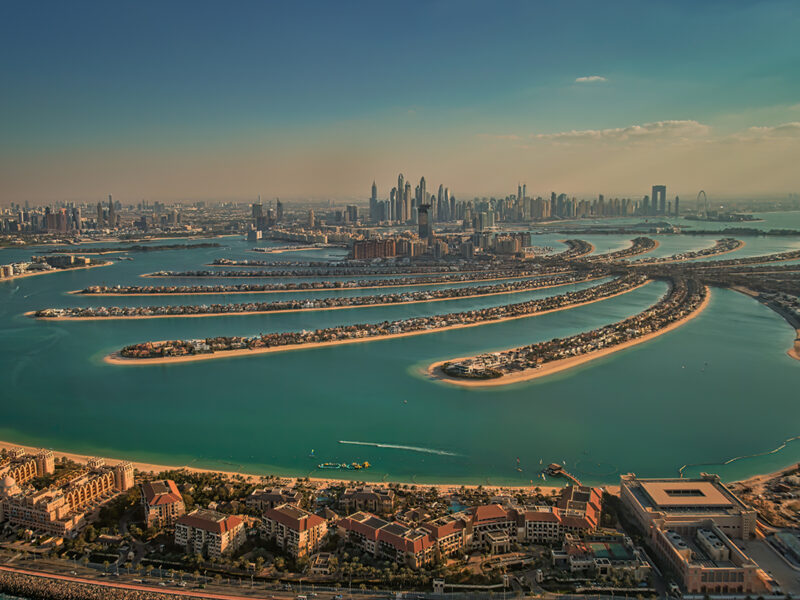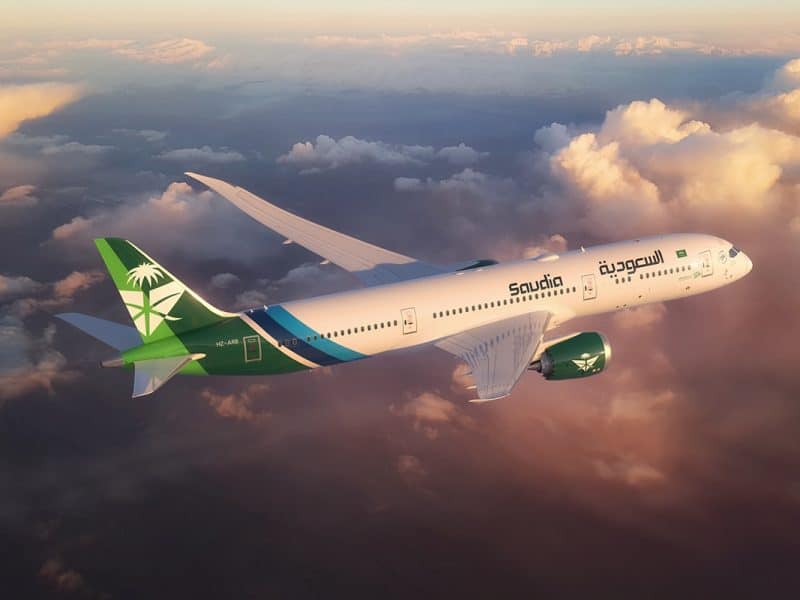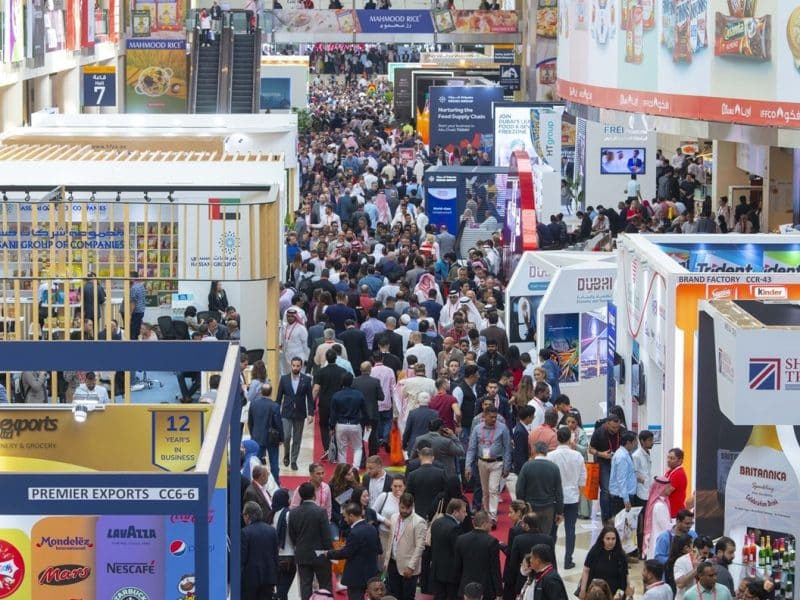Dubai Multi Commodities Centre Authority, which is based in Jumeirah Lakes Towers, is on the verge of becoming the largest free zone in the UAE, with the number of registered companies on track to surpass 7,000 this quarter.
DMCC executive chairman Ahmed Bin Sulayem said he has no plans to stop growing, even beyond doubling the figures. Jebel Ali is currently the largest free zone in the UAE.
The authority recently announced it would build the world’s tallest commercial tower within its 107,000 square metre business park expansion.
“I don’t want the story to end at 10,000 or 12,000 offices. I want it to be even bigger than that, maybe even double,” Bin Sulayem said.
“That’s my aspiration, and building the tallest tower gives me that confidence that at least after it’s all said and done we left nothing to chance.”
More than 1,200 new companies joined the free zone during the first half of 2013, the same figure as the entire year of 2011 and 30 percent more than the same period last year.
A record 260 firms were registered in April alone.
About 65,000 people now live and work in the area, which has 65 towers located in the emirate’s south opposite Dubai Marina.
Bin Sulaymen said the authority had been striving to build up its customer base with initiatives including online registration and a process that took no more than four days.
The demand is in contrast to many commercial areas in Dubai, particularly in Business Bay, Dubai Silicon Oasis and parts of Dubai Investment Park, where some commercial buildings are half empty.
Bin Sulayem said for many companies DMCC was more attractive than the traditionally popular Dubai International Financial Centre, which was more selective and had greater restrictions on expansion.
“At the end of the day there’s a huge difference why companies come to DMCC and not DIFC,” Bin Sulaymen said.
“DIFC is very selective with companies and the amount of office space is nowhere close to [what will be available in JLT after] the expansion. If you put in the office space we have just in the JLT expansion … it’s more commercial office space than DIFC and the [Dubai World] Trade Centre put together.
“The reason [the DIFC authority has] a stringent process is because they want to avoid mistakes. We don’t mind making a mistake every now and then because it’s an education for us about the process.
“At the end of the day, we know that the more companies we bring in, the better it is for Dubai.”
About 95 percent of the companies newly registered with DMCC in the first half of 2013 were also new to Dubai, highlighting the free zone’s ability to attract foreign investment.
About one-third were from other Middle East countries and 28 percent hailed from South Asia, while the Americas and the UK each accounted for 14 percent.
In other H1 results, DMCC, the Dubai government’s commodity trade authority, increased trading in all three of its key commodities: diamonds, gold and tea.
The volume of rough diamonds traded in the first half of the year grew 10 percent to 66m carats and the value increased 5 percent to $6.2bn, compared to the same period last year.
A total of 32.4m carats – an increase of 9 percent – were imported at a value of $2.5bn – up 7 percent – and exports increased 12 percent to 34m carats worth $3.7bn, up 3 percent.
DMCC’s Dubai Tea Trading Centre provided warehouse facilities for 5.76m kilograms of tea during the first half of 2013, an increase of 80 percent. Dubai is the largest re-exporter of tea, with a 60 percent market share.
The Dubai Gold and Commodity Exchange doubled its trading volume to 7.7m contracts with an underlying value of $269bn. Average daily volume in the first half of the year was 61,731 contracts, a 107 percent increase year-on-year.









